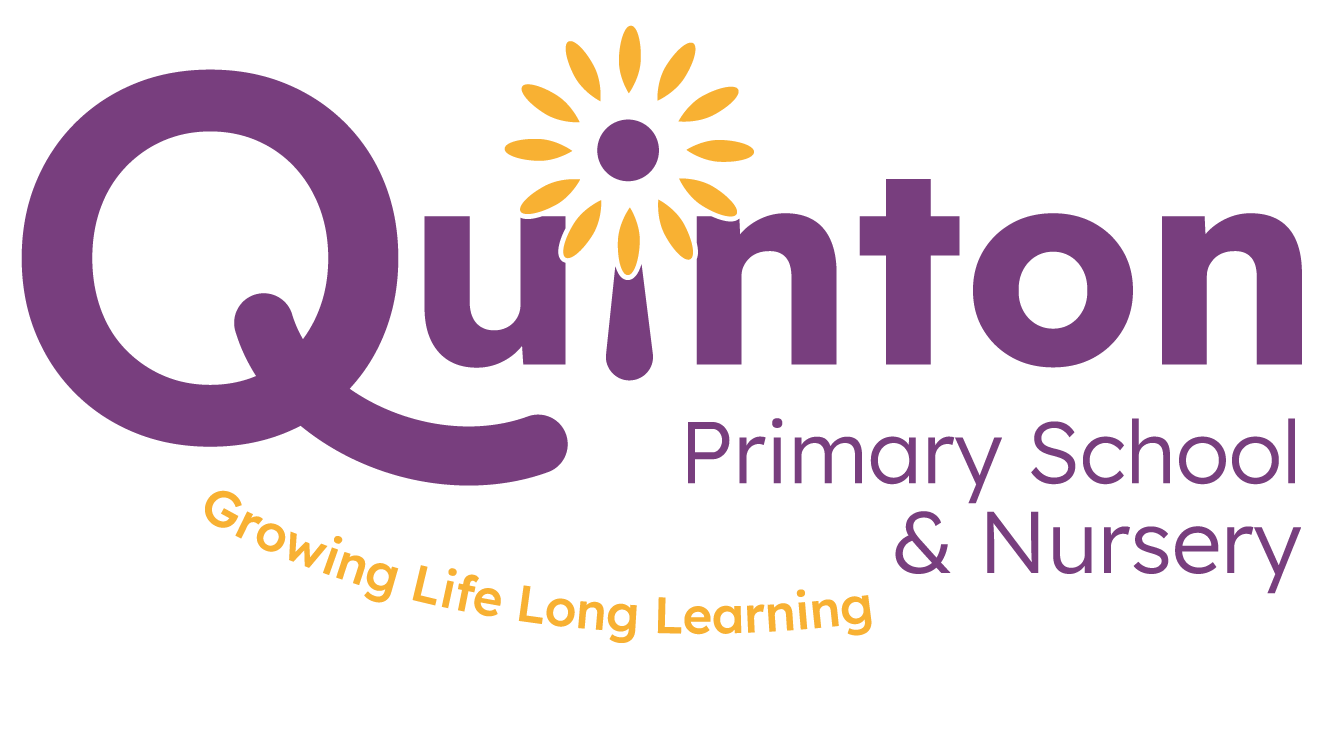Quinton Primary School believes that History makes a valuable and distinctive contribution to pupil’s education. Learning about the past and the methods used to study sources and draw conclusions helps pupils understand and contribute to the world in which they live. Our History curriculum follows the National Curriculum.
A topic-based approach to curriculum planning is employed within the school. The teaching of History is organised through half-termly topics, most of which have a History or Geography focus. The idea of this is to allow us to develop our knowledge based approach in cross-curricular fashion.
During KS1, pupils will learn about people’s loves and lifestyles. They will find out about significant men, women, children and events from the recent and more distant past, including those from both Britain and the wider world. They will listen and respond to stories and use sources of information to help them ask and answer questions. They will learn how the past is different from the present. Pupils should develop and awareness of the past, using common words and phrases relating to the passing of time. They should know where the people and events they study fit within a chronological framework and identify similarities and differences between ways of life in different periods. They should use a wide range of vocabulary of everyday historical terms. They should ask and answer questions, choosing and using parts of stories and other sources to show that they know and understand key features of events. They should understand some of the ways in which we find out about the past and identify different ways in which it is represented.
In KS2, pupils should continue to develop a chronologically secure knowledge and understanding of British, local and world history, establishing clear narratives within and across the periods they study. They should note connections, contrasts and trends over time and develop the appropriate use of historical terms. They should regularly address and sometimes devise historically valid questions about change, cause, similarity and difference and significance. They should construct informed responses that involve thoughtful selection and organisation or relevant historical information. They should understand how knowledge of the past is constructed from a range of sources.
